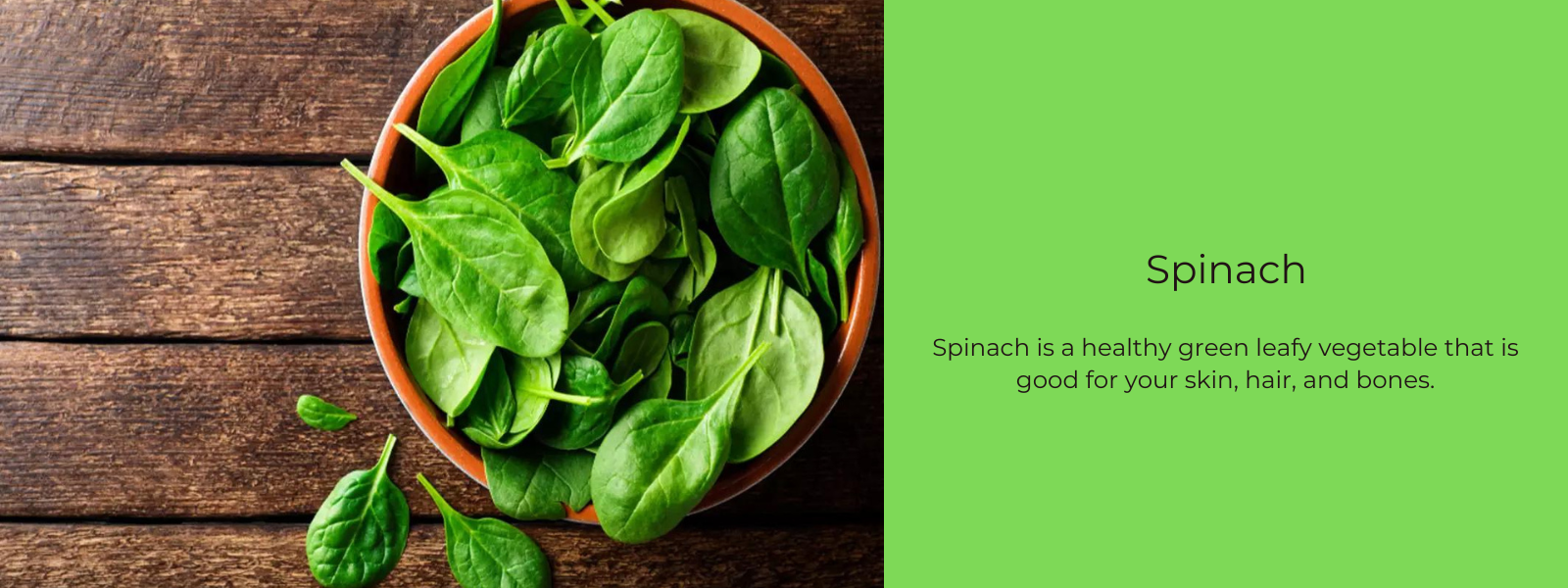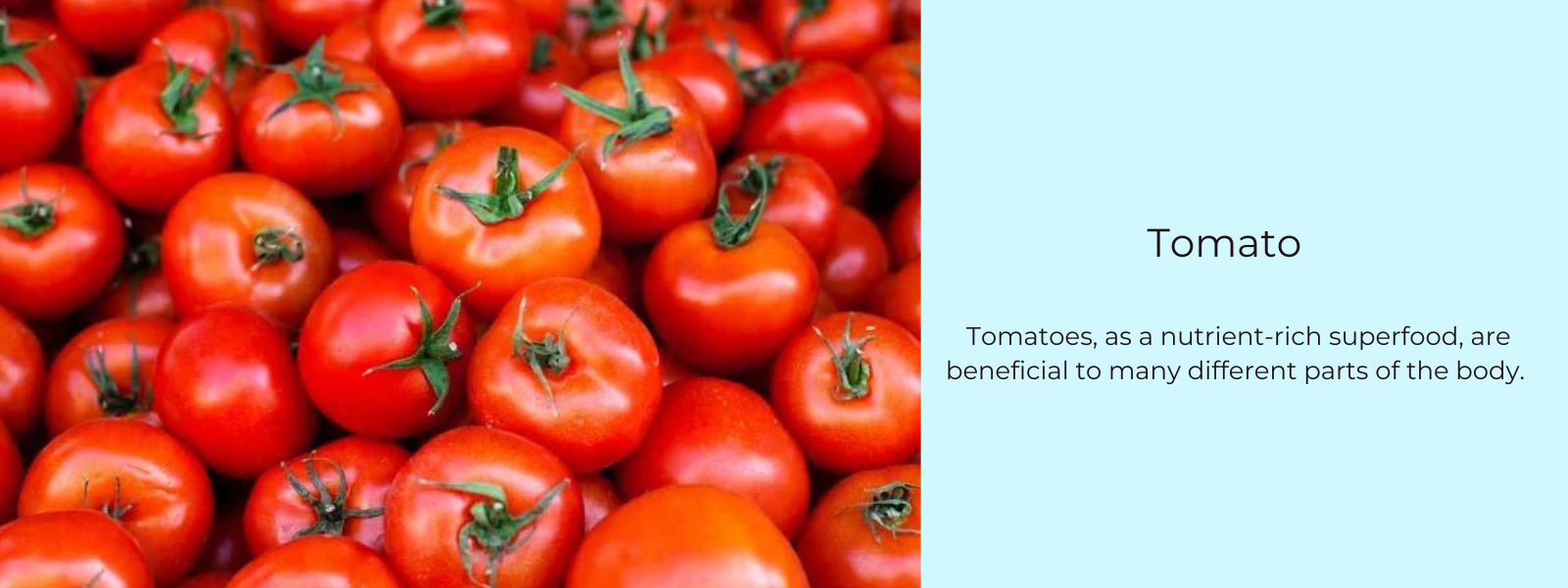Sweet potatoes are a delicious and nutritious low-glycemic index (GI) alternative to traditional starchy vegetables. Packed with vitamins, minerals, and fiber, sweet potatoes offer numerous health benefits while also providing a satisfyingly sweet flavor. Unlike high-GI foods, sweet potatoes cause a slower and more gradual increase in blood sugar levels, making them suitable for individuals looking to manage their blood sugar levels or maintain a balanced diet. Additionally, sweet potatoes are rich in beta-carotene, which is converted into vitamin A in the body and contributes to healthy vision, immune function, and skin health. Their versatility in cooking makes them a popular choice for a wide range of dishes, from savory to sweet, and they can be baked, boiled, roasted, mashed, or even used in desserts. Overall, sweet potatoes are a nutritious and delicious addition to any meal, offering a tasty way to enjoy the benefits of a low-GI alternative.
Table of Contents
Sweet Potatoes Is A Sweet and Low-GI Alternative:
Here's a detailed look at the benefits of sweet potatoes:
- Low-GI Properties: Sweet potatoes have a low glycemic index, which means they cause a slower and more gradual increase in blood sugar levels compared to high-GI foods. This makes them suitable for individuals looking to manage their blood sugar levels or maintain stable energy levels throughout the day.
- Rich in Nutrients: Sweet potatoes are packed with essential vitamins, minerals, and antioxidants. They are particularly high in vitamin A, which is important for vision, immune function, and skin health. Additionally, sweet potatoes contain vitamin C, vitamin B6, potassium, manganese, and fiber, making them a nutrient-dense food choice.
- High in Fiber: Sweet potatoes are an excellent source of dietary fiber, including both soluble and insoluble fiber. Fiber helps support digestive health, regulate bowel movements, and promote a feeling of fullness, which can aid in weight management and appetite control.
- Antioxidant-Rich: Sweet potatoes contain antioxidants such as beta-carotene, anthocyanins, and other phytochemicals. These compounds help protect cells from damage caused by free radicals and oxidative stress, reducing the risk of chronic diseases such as heart disease, cancer, and inflammatory conditions.
- Versatile Cooking Options: Sweet potatoes can be prepared in numerous ways, including baking, boiling, roasting, steaming, or even microwaving. They can be enjoyed as a side dish, added to soups and stews, mashed, roasted into fries, or used in sweet dishes like pies, cakes, and puddings.
- Diverse Varieties: Sweet potatoes come in various colors and varieties, including orange, purple, and white flesh. Each variety offers a unique flavor profile and nutritional composition, allowing for culinary creativity and experimentation in the kitchen.
- Satiety and Weight Management: The fiber and complex carbohydrates in sweet potatoes help promote satiety and regulate appetite, which can support weight management and healthy eating habits. Including sweet potatoes in meals may help reduce overall calorie intake and prevent overeating.
What Is Sweet Potato?
Sweet potato (Ipomoea batatas) is a root vegetable belonging to the Convolvulaceae family. It is characterized by its elongated, tuberous roots that vary in color from orange and yellow to purple or white, depending on the variety. Native to the tropical regions of the Americas, sweet potatoes have been cultivated for thousands of years and are now widely consumed worldwide.
Sweet potatoes are known for their sweet taste and creamy texture when cooked. They are rich in complex carbohydrates, dietary fiber, vitamins, and minerals, making them a nutritious addition to a balanced diet. Sweet potatoes are particularly high in beta-carotene, a precursor to vitamin A, which is important for vision, immune function, and skin health. They also provide significant amounts of vitamin C, vitamin B6, potassium, manganese, and other antioxidants.
Sweet potatoes can be prepared in various ways, including baking, boiling, roasting, steaming, or even microwaving. They are commonly used in both savory and sweet dishes, such as soups, stews, curries, casseroles, fries, pies, and desserts. Their versatility, delicious flavor, and nutritional benefits make sweet potatoes a popular and versatile ingredient in cuisines around the world.
Why Are Sweet Potatoes Good For Diabetics?
Sweet potatoes have a low glycemic index (GI), meaning they cause a slower and more gradual increase in blood sugar levels compared to high-GI foods. This helps prevent rapid spikes and dips in blood sugar levels, promoting better blood sugar control. Sweet potatoes are rich in dietary fiber, including both soluble and insoluble fiber. Fiber helps slow down the digestion and absorption of carbohydrates, resulting in a slower release of glucose into the bloodstream. This can help stabilize blood sugar levels and improve insulin sensitivity. Overall, sweet potatoes offer a nutritious and low-GI alternative to traditional starchy vegetables, making them a beneficial choice for individuals with diabetes looking to manage their blood sugar levels and improve overall health.
Are Sweet Potatoes And Potatoes Same?
Sweet potatoes and potatoes, while both classified as root vegetables, belong to different botanical families and have distinct characteristics:
- Sweet Potato (Ipomoea batatas): Sweet potatoes are members of the morning glory family (Convolvulaceae). They are characterized by their elongated, tuberous roots with tapered ends. Sweet potatoes typically have a sweet flavor and are available in various colors, including orange, yellow, purple, and white. They are rich in complex carbohydrates, dietary fiber, vitamins, and minerals, particularly beta-carotene (vitamin A precursor).
- Potato (Solanum tuberosum): Potatoes belong to the nightshade family (Solanaceae). They are known for their starchy tuberous underground stems, commonly referred to as potatoes. Potatoes come in different varieties, including russet, red, white, and Yukon Gold, each with its own texture, flavor, and culinary uses. Potatoes are a good source of carbohydrates, particularly starch, as well as vitamins and minerals such as vitamin C, potassium, and vitamin B6.
Sugar In Sweet Potatoes:
While sweet potatoes do contain sugars, they are still considered a nutritious food choice, particularly for individuals looking to manage their blood sugar levels or incorporate more nutrient-dense foods into their diet. The sweetness in sweet potatoes primarily comes from natural sugars such as glucose, fructose, and sucrose. Moderation and portion control are key when consuming sweet potatoes, especially for individuals with diabetes or those following a low-carbohydrate diet.
Best Ways To Consume Sweet Potatoes:
Sweet potatoes can be used in various delicious and nutritious ways for individuals with diabetes. Here are some ideas:
- Baked Sweet Potato: Simply bake sweet potatoes in the oven until tender and serve them as a nutritious side dish. You can enjoy them whole or sliced, seasoned with herbs and spices for added flavor.
- Mashed Sweet Potato: Boil or steam sweet potatoes until soft, then mash them with a bit of olive oil or Greek yogurt for creaminess. Season with salt, pepper, and herbs for a flavorful mashed sweet potato dish.
- Roasted Sweet Potato Wedges: Cut sweet potatoes into wedges, toss them with olive oil and your favorite herbs and spices, and roast them in the oven until crispy on the outside and tender on the inside.
- Sweet Potato Soup: Make a creamy and comforting sweet potato soup by blending cooked sweet potatoes with vegetable broth, onions, garlic, and spices. Add a splash of coconut milk or Greek yogurt for extra creaminess.
- Sweet Potato Salad: Roast sweet potato cubes until caramelized and tender, then toss them with leafy greens, diced vegetables, and a light vinaigrette for a flavorful and nutritious salad.
- Sweet Potato Hash: Sauté diced sweet potatoes with onions, bell peppers, and your choice of protein (such as turkey sausage or tofu) for a hearty and satisfying breakfast or brunch option.
- Sweet Potato Smoothie: Blend cooked sweet potatoes with unsweetened almond milk, a banana, cinnamon, and a scoop of protein powder for a delicious and filling smoothie that's perfect for breakfast or a post-workout snack.













Leave a comment